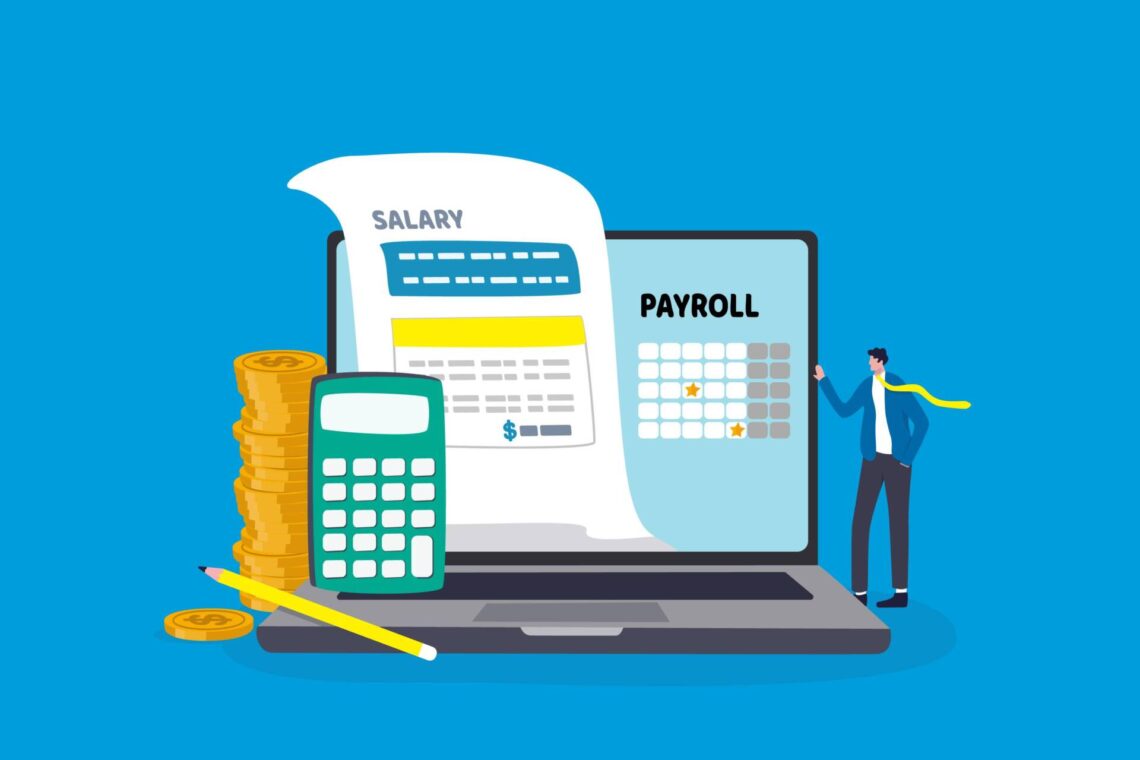As the digital nomad lifestyle gains popularity, many Australians are embracing the freedom to work remotely from anywhere. While the idea of trading a traditional office desk for a cozy café by the beach in Bali may seem idyllic, handling taxes as a digital nomad can be tricky.
It’s crucial to understand tax regulations when working overseas to avoid double taxation, unexpected expenses, and legal issues. Here are some key tax factors digital nomads should know.
Determining your tax residency status
If you’ve lived overseas for an extended period, you may assume that your tax obligations in Australia have ended. However, just because you live elsewhere, it doesn’t mean the ATO no longer considers you an Australian resident for tax purposes.
Therefore, determining your tax residency is a vital first step for digital nomads. You must consider how long you’ve lived away, your ties to Australia, and whether you intend to return.
For example, you may still be considered an Australian tax resident if you maintain strong ties to Australia (owning a home, business or having family interests in Australia).
Declaring foreign income
Digital nomads often earn income while living overseas. However, if you are an Australian tax resident, you must declare all global income—both Australian and foreign sources—on your tax return.
Getting around double taxation
As a digital nomad, it’s also not uncommon to come across the issue of double taxation, i.e. both Australia and the country where you live attempting to tax you on the same income you have earnt.
Fortunately, Australia has tax agreements with many countries to prevent this. These agreements often allow a foreign income tax offset, reducing your Australian tax liability by the tax already paid abroad. Still, each agreement differs, so understanding the rules is essential.
Understanding your superannuation
Managing superannuation as a digital nomad can be challenging. If self-employed or employed by a foreign company, you are responsible for super contributions. Unlike working for an Australian employer, no automatic super guarantee exists.
In some countries, you might also need to contribute to their retirement plan. It’s important to understand how these contributions align with your Australian superannuation and whether you can merge them upon returning.
If you have a self-managed superannuation fund, leaving Australia as a non-resident can affect your fund. We recommend seeking advice before you depart permanently.
What you can claim as a remote worker
Being a digital nomad allows you to claim tax deductions for remote work expenses. In Australia, this may include internet and phone bills, office supplies, software, laptop or camera depreciation, co-working space fees, and sometimes travel costs.
Remember to keep thorough records of your expenses and refer to the ATO guidelines for specific deductions that align with your circumstances.
Keeping on top of local tax obligations
Countries have different tax systems, sometimes imposing state or local taxes alongside federal ones. Living abroad for long periods may also trigger social security payments. Research your host country’s laws because ignorance does not excuse non-compliance.
Digital nomads often underestimate these additional taxes, which may lead to unexpected costs. Where social security agreements exist with Australia, your contributions could count toward your Australian pension. Understanding these agreements is therefore essential.
The 183-day rule
Many countries use a “183-day rule” to determine tax residency. If you stay more than 183 days in a country, you may be considered a tax resident there. This requires reporting income and meeting local tax obligations, which complicates your overall tax situation.
Monitoring your stay in each country helps avoid accidental tax residency and additional obligations.
Seeking professional advice for digital nomads
Tax laws vary significantly across countries, making tax management complex for digital nomads. A tax accountant or lawyer specialising in international tax can help. They can determine your residency, clarify tax treaties, and ensure compliance in Australia and abroad.
To summarise…
Living as a digital nomad offers flexibility and adventure. Yet, it also introduces unique tax challenges. Understanding your responsibilities in Australia and internationally helps avoid fines and maximise benefits.
By staying informed and consulting experts, you can enjoy your travels while managing finances effectively.
If you’re a digital nomad or plan to become one, Lemonade Beach can assist. We help navigate residency, double taxation, and deductions to keep your finances organised as you enjoy your lifestyle.





